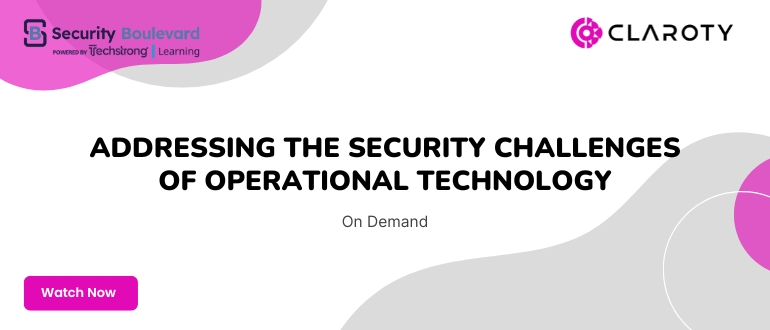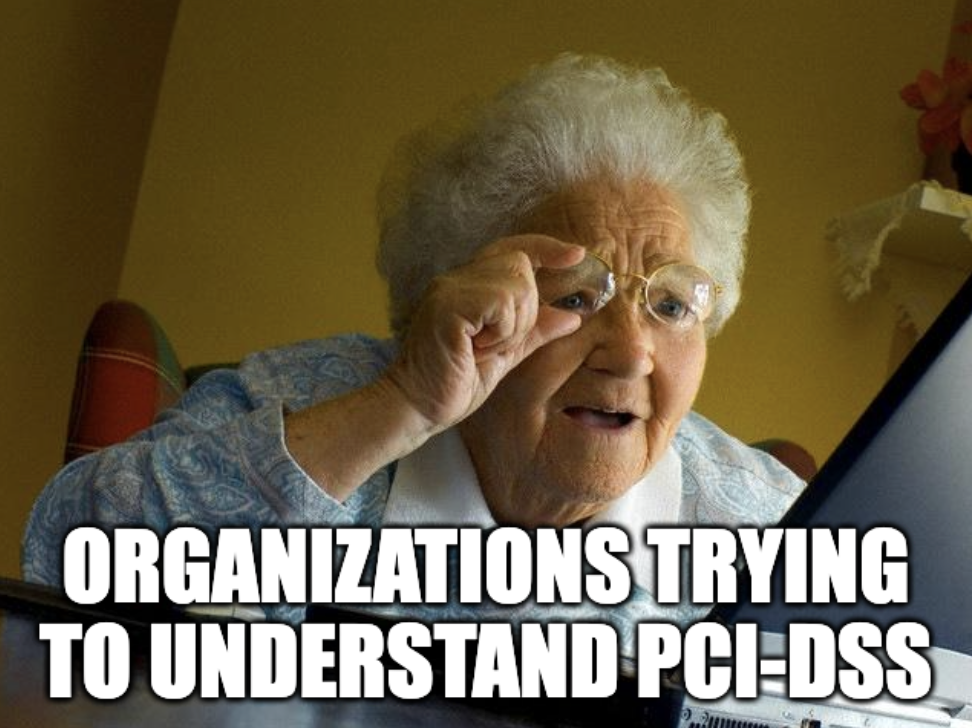
2024-9-18 22:37:16 Author: securityboulevard.com(查看原文) 阅读量:5 收藏
If your organization handles credit card transactions, you’re likely aware of the importance of PCI DSS compliance. But what often gets overlooked is the cost. PCI DSS audits aren’t a one-size-fits-all process, and the price can vary significantly based on several factors. If you’re curious about the PCI DSS certification price, this guide will break down everything you need to know to plan for those expenses without any surprises.
What is PCI DSS?
The Payment Card Industry Data Security Standard (PCI DSS) is a set of security standards designed to safeguard credit card information. These standards, developed by the Payment Card Industry Security Standards Council (PCI SSC), ensure that businesses accepting, processing, or transmitting credit card data create a secure environment for their customers.
Simply put, if your company handles any kind of cardholder data, PCI DSS compliance is a must. It protects sensitive information from breaches, fraud, and other security risks. Compliance with PCI DSS isn’t just a nice-to-have—it’s essential to avoid penalties, fines, or worse, a damaged reputation.
The PCI DSS framework consists of 12 core requirements, ranging from securing networks to regularly testing systems and maintaining an information security policy. By adhering to these guidelines, companies can demonstrate their commitment to safeguarding their customers’ payment information, which in turn builds trust and loyalty.

Importance of PCI DSS Compliance
Why should your organization care about PCI DSS compliance? For starters, failing to comply can leave your business vulnerable to cyberattacks. If a data breach occurs due to non-compliance, you could face heavy financial penalties and lawsuits, not to mention the long-term damage to your brand’s reputation. Even a single security breach can severely impact customer trust, leading to lost business opportunities.
Aside from the legal and financial implications, many payment processors and banks require PCI compliance before they’ll even allow you to handle credit card transactions. That makes compliance not just a regulatory requirement but also a strategic decision. Being PCI DSS certified signals to customers and business partners that you take data security seriously.
Factors Influencing the Cost of PCI DSS Audits
The PCI DSS audit cost can vary widely depending on a range of factors. Here’s a breakdown of the main contributors:
1. Business Size and Complexity
The bigger the organization, the higher the cost. Larger businesses with more complex infrastructures typically require more resources to achieve compliance. They may have more networks, locations, and systems to secure, which naturally adds to the PCI DSS cost.
2. Transaction Volume
Your transaction volume can significantly influence costs. Larger organizations that process millions of transactions annually (Level 1 merchants) will have to undergo a more rigorous audit, which drives up costs. Smaller organizations with fewer transactions generally have lower costs since they might only need to complete a self-assessment questionnaire (SAQ).
3. Existing Security Measures
If your business already follows strict security protocols, you may find it easier—and cheaper—to meet PCI DSS requirements. Companies with outdated or poor security infrastructure may need to make significant upgrades, which adds to the overall PCI compliance cost.
4. Type of Audit
Smaller businesses can often self-assess using an SAQ, while larger organizations will need a full Report on Compliance (RoC), which requires an external audit from a Qualified Security Assessor (QSA). RoCs are generally more expensive due to the thoroughness and expertise involved.
5. Consultant Fees
Hiring a QSA to conduct the audit can vary in price. More experienced assessors typically charge more, and if your business is particularly complex, the fees will rise. Finding the right balance between cost and expertise is key.
6. Remediation Costs
If your business fails the audit and needs to make system upgrades or changes to meet compliance standards, you’ll need to factor in those remediation costs. This could range from minor fixes to full-blown infrastructure overhauls, depending on your current setup.
Detailed Breakdown of PCI DSS Audit Costs
When it comes to PCI DSS certification price, there are several components to consider. Let’s break them down:
1. Self-Assessment Questionnaire (SAQ)
If you’re a small business handling fewer transactions, you might qualify to self-assess using an SAQ. The cost of completing an SAQ ranges from $50 to $200. It’s a relatively affordable way to assess your compliance if your business doesn’t require an on-site audit.
2. Report on Compliance (RoC)
Larger businesses will need a full-blown audit conducted by a QSA. The cost of a RoC can vary significantly:
- Onsite Audit: Prices range between $30,000 and $200,000 depending on your organization’s size and complexity. More extensive businesses will naturally see higher costs.
- Annual Maintenance: Ongoing compliance isn’t a one-time event. Expect to pay between $5,000 and $20,000 annually to maintain your certification.
3. Vulnerability Scanning
To maintain PCI DSS compliance, organizations need to conduct regular vulnerability scans. The cost of these scans usually ranges from $100 to $200 per IP address scanned.
4. Penetration Testing
To ensure your systems are as secure as possible, penetration testing is often required. This service, which tests your network’s defenses, can cost between $10,000 and $15,000, depending on the complexity of your systems.
5. Employee Training
A major part of maintaining compliance involves educating your staff on PCI DSS best practices. Training costs typically range between $20 and $30 per employee. The more employees you have, the more it will cost to ensure they’re all up to speed.
6. Remediation Costs
If your audit reveals significant weaknesses, remediation can be expensive. Fixing these issues may involve upgrading systems, investing in new technologies, or implementing new security protocols. Depending on how extensive the changes are, remediation costs can range from $1,000 to over $500,000.
Tips for Managing and Optimizing PCI DSS Audit Costs
Understanding the various components of PCI DSS audit cost is one thing, but managing and optimizing those costs is another. Here are some tips to help reduce your expenses without sacrificing security:
1. Conduct a Readiness Assessment
Before diving into a full audit, conduct an internal readiness assessment. This can help you identify any compliance gaps ahead of time, saving you from costly remediation efforts later.
2. Invest in Automation Tools
Utilizing automated compliance tools can reduce the time and labor involved in preparing for an audit. Automation helps with documentation, monitoring, and reporting—allowing you to stay compliant with minimal manual effort. Tools that align with PCI DSS 4.0 can offer significant time and cost savings.
3. Prioritize Employee Training
Regularly train your employees on security protocols and PCI DSS best practices. Well-informed employees are less likely to make mistakes that could jeopardize your compliance. This reduces the need for costly fixes down the line.
4. Choose Your QSA Wisely
Hiring the right QSA can make a big difference in both cost and outcome. Don’t hesitate to shop around and get multiple quotes. You want someone who’s thorough but won’t overcharge. Look for experience and expertise that matches your organization’s needs.
5. Maintain Strong Security Practices
Developing a culture of security can help prevent major compliance failures and reduce the cost of future audits. The stronger your baseline security, the less work you’ll need to do to pass audits in the first place.
6. Review Compliance Regularly
PCI DSS certification needs to be renewed annually. By regularly reviewing your compliance efforts, you can avoid surprise costs that may arise if you let your systems slip. Incorporate a PCI DSS check list into your routine operations to ensure you’re always prepared.
7. Leverage In-House Expertise
If your internal IT team has security experience, consider having them handle initial assessments or even parts of the audit process. This can reduce consultant fees and allow for a more cost-effective approach to compliance.
GET PCI DSS COMPLIANT 90% FASTER
In Conclusion
PCI DSS compliance isn’t cheap, and the total PCI DSS cost can range from a few thousand dollars for small businesses to hundreds of thousands for larger organizations. However, the investment is worth it. Not only does it protect your business from the financial fallout of a data breach, but it also builds trust with your customers. Whether you’re paying for a PCI DSS 4.0 audit or simply running routine vulnerability scans, being proactive about compliance will always pay off in the long run. By implementing PCI DSS best practices, using automation tools, and wisely managing your audit resources, you can navigate these costs more effectively while securing your business for the future.
The post How Much Will It Cost to Get PCI DSS Audited? appeared first on Scytale.
*** This is a Security Bloggers Network syndicated blog from Blog | Scytale authored by Wesley Van Zyl, Senior Compliance Success Manager, Scytale. Read the original post at: https://scytale.ai/resources/how-much-will-it-cost-to-get-pci-dss-audited/
如有侵权请联系:admin#unsafe.sh
